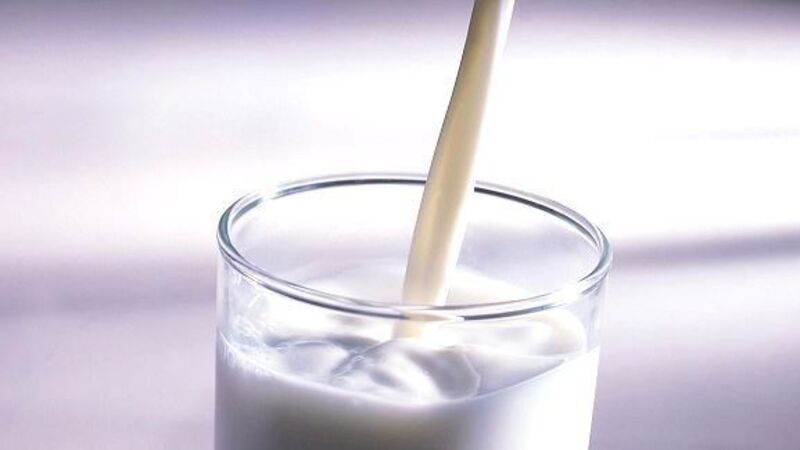Russia ban will affect €70m of Irish exports

The one-year ban is in revenge for the US and EU freezing assets and banning loans on individuals and companies in Russia, which they accuse of increasing tensions in eastern Ukraine.
The ban will affect meat, fish, dairy and fruit and vegetable imports from the US, EU, Canada, Australia and Norway.













